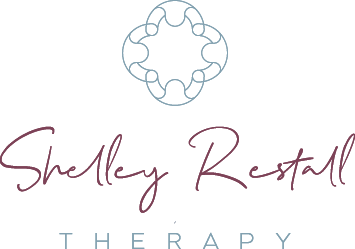Navigating Relationships: 4 strategies of how to deal with difficult people.
Growing up in a dysfunctional household can leave a lasting impact on our ability to build healthy relationships. The need for approval, overexplaining our actions, and the constant urge to "fix" problems can all be remnants of a challenging upbringing. However, as adults, we have the power to change these patterns and create more fulfilling connections. In this blog post, we'll explore four crucial lessons from our past and how they can guide us towards healthier relationships.
1. You don't need anyone's approval but your own.
In a dysfunctional environment, seeking approval from others often becomes a survival tactic. We learn to prioritise others' opinions over our own needs and desires. As adults, we must recognize that our self-worth doesn't depend on external validation. Therapy can help you rediscover your authenticity and build self-esteem based on your values, rather than the judgments of others.
2. "No" is a complete sentence.
Setting boundaries is an essential aspect of fostering healthy relationships. Many of us struggle to say "no" without offering lengthy explanations. Therapy can teach you how to assertively set boundaries, protecting your emotional well-being without feeling guilty. This newfound confidence in your boundaries can lead to more respectful and balanced connections with others.
3. Sometimes explaining ourselves gives others more power than we intend to give.
Over explaining our actions can be a defense mechanism we developed to navigate tense situations at home. In therapy, you can learn to discern when it's appropriate to explain yourself and when it's best to trust your judgement. This skill empowers you to take back control in conversations, maintaining your boundaries and preventing manipulation.
4. You don't have to "FIX" a problem or someone else's feelings in the moment.
Growing up, you might have felt responsible for resolving conflicts or soothing the emotions of others. However, therapy can teach you that you are not solely responsible for fixing everything immediately. Validating someone's feelings and suggesting a pause in the conversation can be a healthier approach. This allows emotions to settle and paves the way for more productive discussions later on.
Healing from a dysfunctional past is a journey, and therapy can be a vital companion on that path. By internalizing these four lessons, you can start building healthier, more fulfilling relationships. You have the power to redefine your self-worth, set boundaries confidently, control your explanations, and release the burden of fixing everything. With the support of therapy, you can break free from the patterns of the past and cultivate relationships that nurture your well-being. If you're ready to embark on this transformative journey, reach out to a therapist today.


